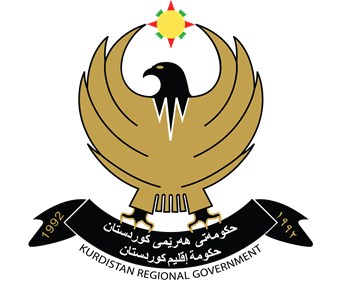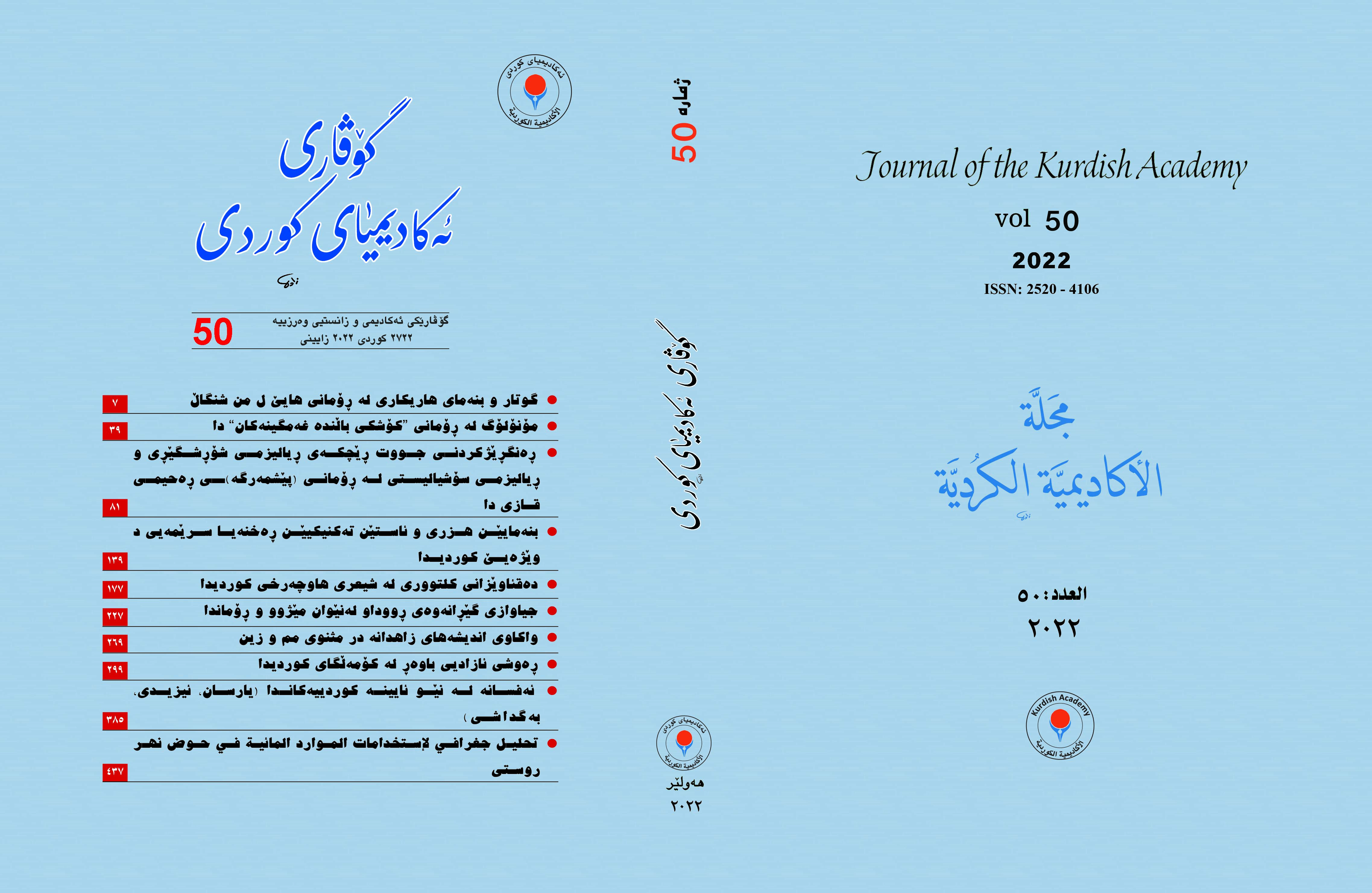The legend in the Kurdish religions (Yarsani, Yazidi, Bektashi)
DOI:
https://doi.org/10.56422/ka..50.45Keywords:
Egend, Yarsani, Yazidi, BektashAbstract
It is difficult to determine the first beginnings of the myth, but we know that the myth in the early stages of human life and until the present time was not far from the awareness and imagination, and that the emergence of religious beliefs was the result of human weakness in front of the cruelty of nature, and the myth is a necessary thinking among religions or religious groups to perform Functions or to answer questions of anthropology, and myth does not require deep thought or it is not a necessary scientific theory.
When you read any story of these religions, its cornerstone is a mythical story, and when you search for its history and elements (Yazidism, Kaka’i and Bakdashian), it is basically made up of a group of non-Semitic religions, and they are of Aryan origins, and they have characteristics that return them to the Zakros region, influenced by one another. And there are similarities between them in terms of folklore, intellectual and belief, and even in their legends. At the same time, the character of nomadism throughout their long history has caused some differences in their beliefs, but mainly they believe in oneness.
The legend is a historical story, but it is not an ordinary story, but rather it has a sacred history and is of special importance for the formation of a special folklore for all generations, for this we can say that the religious legend (is a group of creations made by human thought and continues to develop until it turns into a set of constitutions aimed at rationalizing society). Self-reverence is an unnatural characteristic of these religions, which gives them an unnatural power and a sacred status. In addition, some of these myths, and to this day, such as the sanctification of (land, water, and air (nature) appear clearly, and the sanctity of these elements is common among many Of the Aryan peoples, the Yazidis believe that) Sheikh Adi( lived during the time of Sultan Sahak, that is, in the period between the twelfth and thirteenth centuries, which is the period in which the) Bektash( lived and in which he founded his sect.





